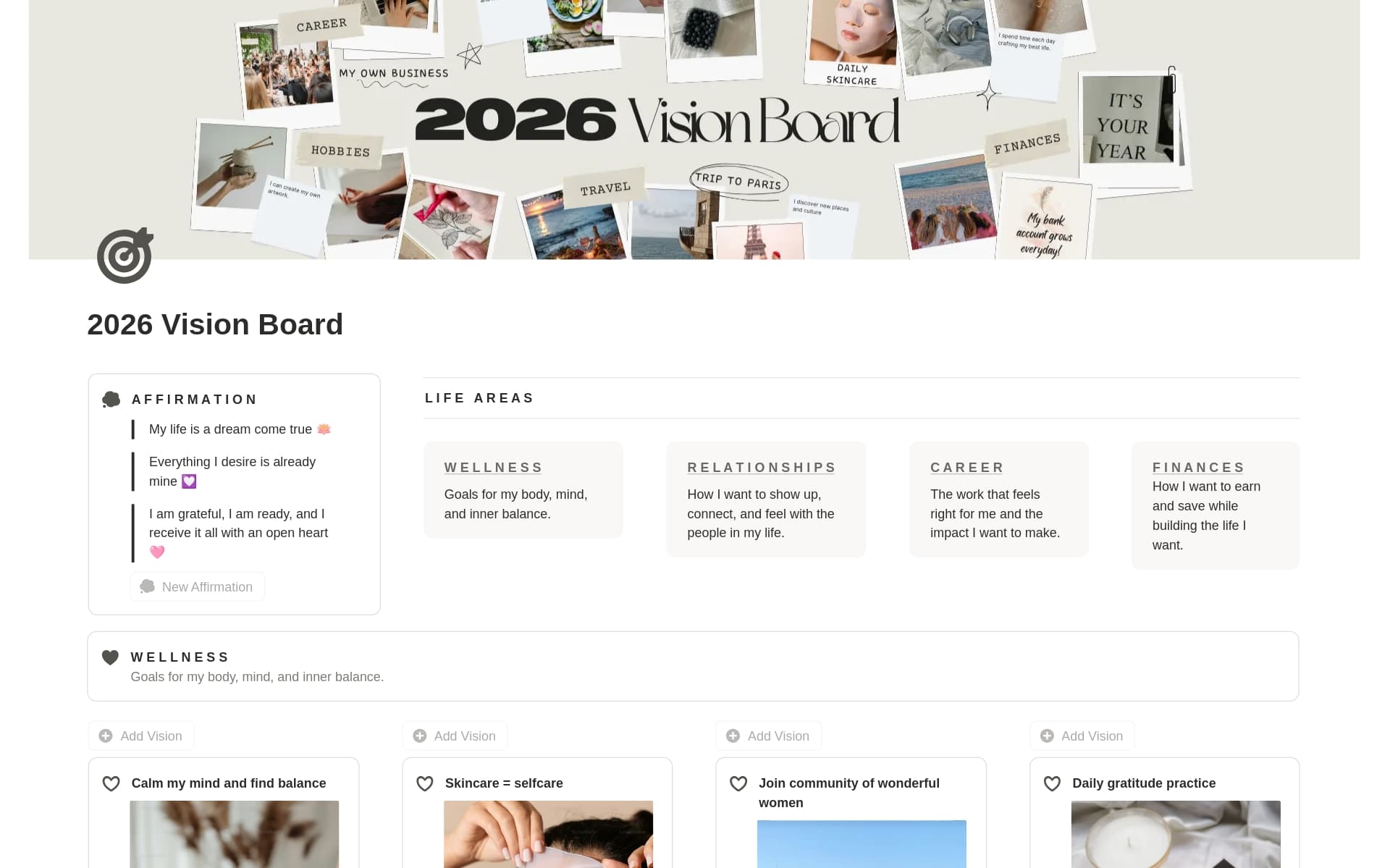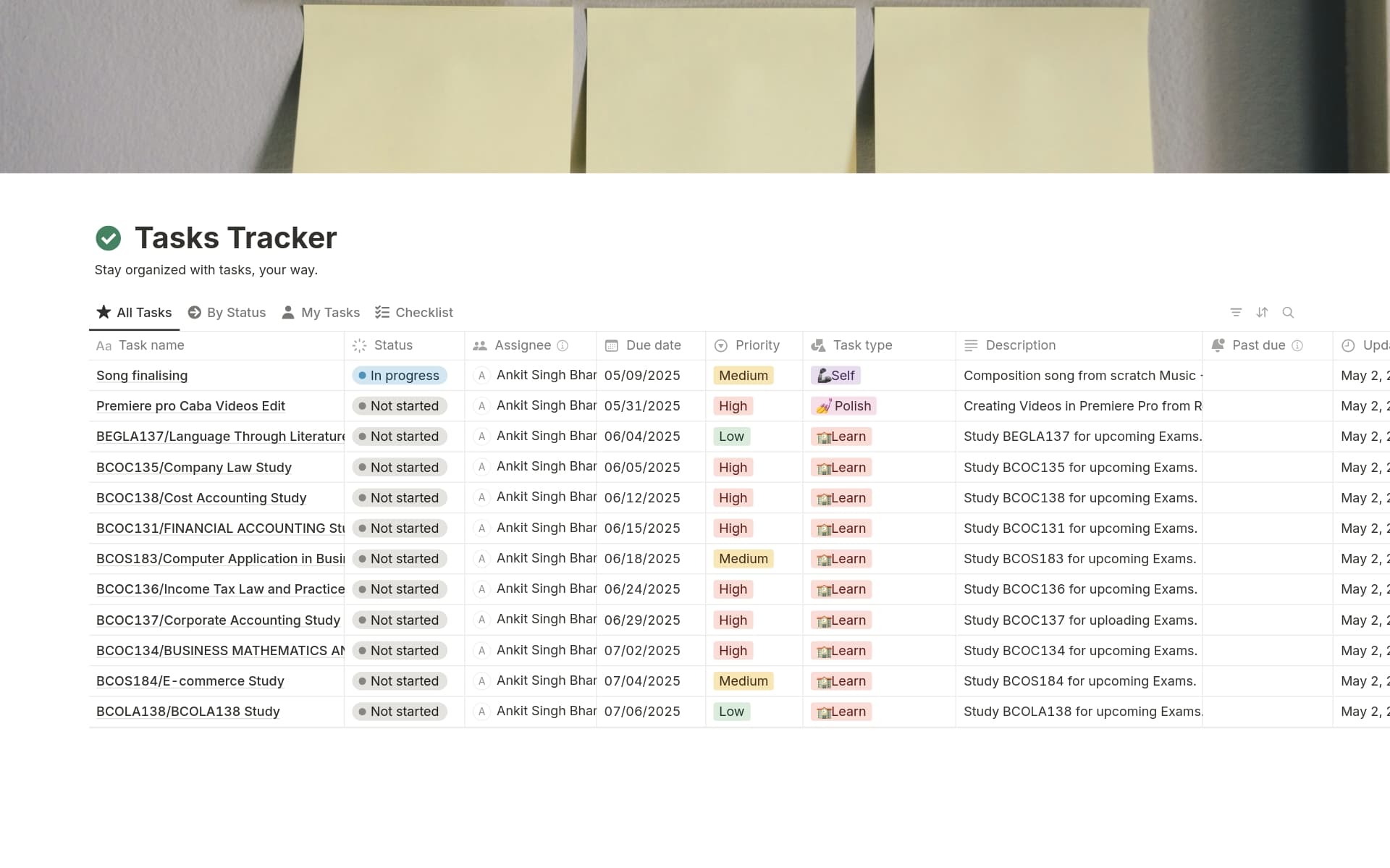Having a well-crafted Pitch Deck is crucial for entrepreneurs and businesses looking to attract investors, partners, or clients. It succinctly presents your business plan, vision, and the value proposition of your product or service. A Pitch Deck Designs template in Notion can streamline the creation process, ensuring that your presentation is organized, visually appealing, and covers all the essential points effectively.
Before you dive into creating your own Pitch Deck Designs, take a look at these Notion templates below to simplify the process and give you a head start.
What Should Pitch Deck Designs Templates Include?
Choosing the right pitch deck template can significantly impact how your business proposal is received. Here are key components to look for in a Pitch Deck Designs Notion template:
Clear Structure: The template should have a well-organized format that guides the presenter through the deck smoothly, ensuring that each section logically flows into the next.
Engaging Design: Look for templates that feature professional and aesthetically pleasing designs which can capture and hold the audience's attention throughout the presentation.
Customizability: A good template offers flexibility, allowing you to adjust colors, fonts, and layouts to match your company's branding and the specifics of your content.
Comprehensive Content Sections: Ensure the template covers all necessary sections such as the problem, solution, market analysis, business model, and financials.
Selecting a template that resonates with your company's message and audience can make a significant difference in the effectiveness of your pitch.
What Should Pitch Deck Designs Templates Avoid?
When selecting a pitch deck design template in Notion, it's essential to be aware of certain elements that can detract from your presentation's effectiveness. Here are three key components to steer clear of:
Overly Complex Layouts: Templates with too many elements can be distracting. Opt for simplicity to keep your audience focused on your message.
Excessive Text: Avoid templates that encourage walls of text. Pitch decks should be concise, using bullet points or short paragraphs to communicate key points effectively.
Generic or Irrelevant Images: Choose templates that allow easy customization of images that align with your brand and message, rather than generic stock photos.
Choosing the right template involves more than just aesthetics; it's about ensuring your content is presented clearly and engagingly to maximize impact.




